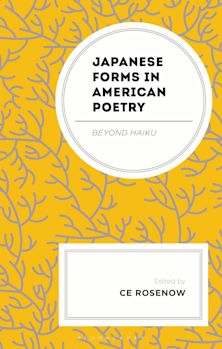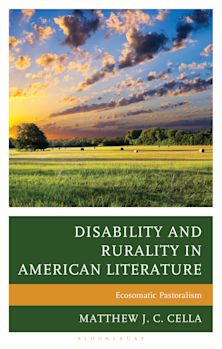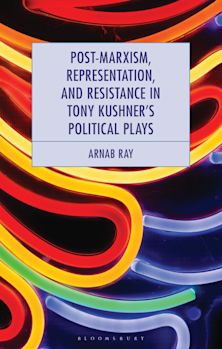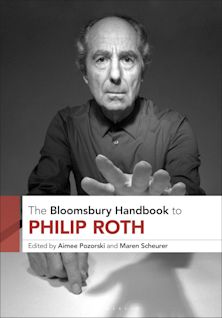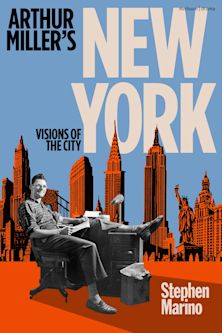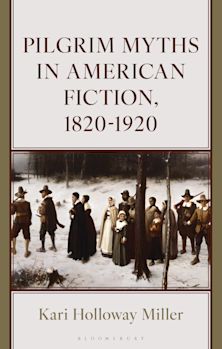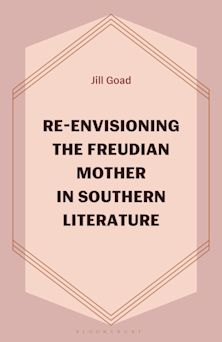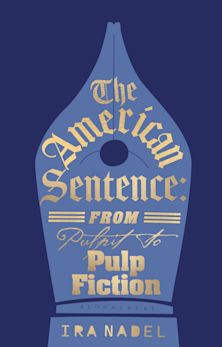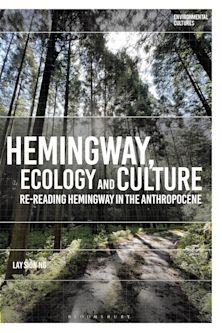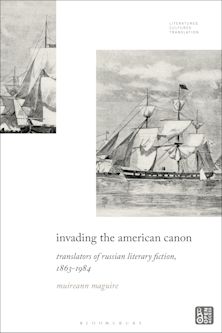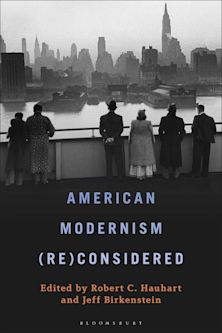Afro-Caribbean Women's Writing and Early American Literature
Afro-Caribbean Women's Writing and Early American Literature
This product is usually dispatched within 1 week
- Delivery and returns info
-
Free CA delivery on orders $40 or over
Description
Afro-Caribbean Women's Writing and Early American Literature is both pedagogical and critical. The text begins by re-evaluating the poetry of Wheatley for its political commentary, demonstrates how Hurston bridges several literary genres and geographies, and introduces Black women writers of the Caribbean to some American audiences. It sheds light on lesser-discussed Black women playwrights of the Harlem Renaissance and re-evaluates the turn-of-the century concept, Noble Womanhood in light of the Cult of Domesticity.
Table of Contents
Acknowledgments
Introduction: The Continued Relevance of Nineteenth-Century Black Women Writers
LaToya Jefferson-James
Chapter One: Doing the Work of 'Nobler Womanhood:' Ida B. Wells-Barnett, N.F. Mossell, and Victoria Earle Matthews
LaToya Jefferson-James
Chapter Two: Yours for Humanity: An Examination of the Life and Work of Pauline Elizabeth Hopkins (1856-1930)
Verner Mitchell
Chapter Three: Plagiarizing Blackness: Racial Performances and Passing in Frances E. W. Harper's Iola Leroy, or Shadows Uplifted
Tajanae Barnes
Chapter Four: New Nation, New Migration and New Negro: A Reading of Aftermath, Rachel, and Environment
Shubhanku Kochar
Chapter Five: When Madness Makes Sense in Early Black Women's Drama
Regis Fox
Chapter Six: Zora Neale Hurston's Dust Tracks on a Road as Literacy Narrative
LaToya Jefferson-James
Chapter Seven: Karen Lord: Situating the Caribbean Female Space
Jacinth Howard
Chapter Eight: A Retrospective on the Literary I
Product details
| Published | Aug 12 2022 |
|---|---|
| Format | Hardback |
| Edition | 1st |
| Extent | 236 |
| ISBN | 9781793606679 |
| Imprint | Lexington Books |
| Dimensions | 238 x 157 mm |
| Publisher | Bloomsbury Publishing |
Reviews

ONLINE RESOURCES
Bloomsbury Collections
This book is available on Bloomsbury Collections where your library has access.














